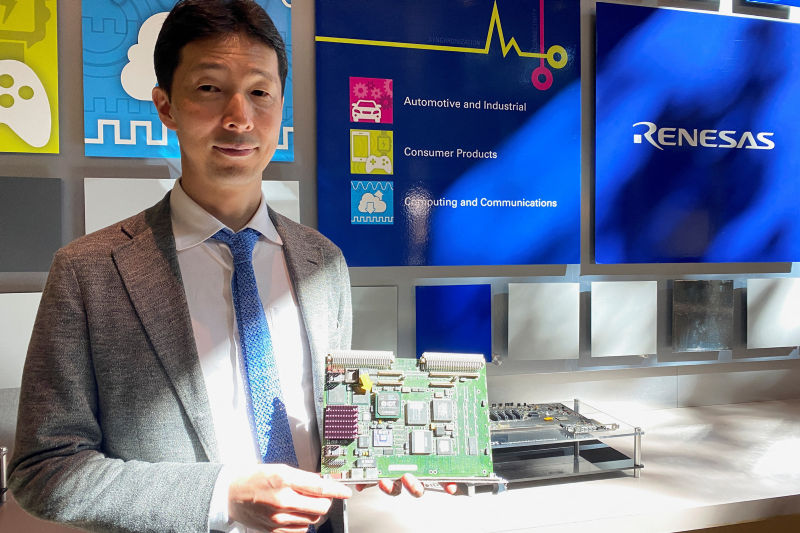Japanese makers of chip manufacturing machinery and materials said on Monday they had yet to hear from the government about new export restrictions against China.
The group issued a statement following media reports on Friday that the United States had secured a deal with the Netherlands and Japan.
Dutch company ASML, a key supplier to chipmakers, also said on Saturday it “understood” that progress had been made towards an agreement among several governments.
“As we do not know what the situation is, we cannot comment on what the impact is and what our response will be,” a spokesman for Advantest, which makes chip-testing machines and other chip-related equipment, said.
Also on AF: Dutch PM ‘May Not Disclose’ Result Of China Chip Curbs Talks
Reuters contacted 10 chip-related companies about any new restrictions agreed by Japan, the US and the Netherlands last week. Of them, five – Advantest, Nikon, Resonac Holdings, Lasertec and Shin-Etsu Chemical – said they were unaware of any contact from Japan’s Ministry of Economy, Trade and Industry.
The five other Japanese firms contacted did not respond when asked about the possible impact of tighter export rules and whether they were concerned China would retaliate. Among them was Tokyo Electron, Japan’s biggest semiconductor manufacturing machinery maker.
Shares of Japanese semiconductor equipment makers were mostly flat on Monday, with Tokyo Electron up 0.68% while Advantest Corp fell 0.32%. Nikon Corp was up 0.16%, in line with the benchmark Nikkei average.
‘Impossible’ to assess impact
Past restrictions on advanced semiconductor shipments to China have not affected Japan. The country, which once dominated global chip manufacturing, now only makes around a 10th of the world’s semiconductors. Most of those are less advanced than the chips made by the likes of Taiwan’s TSMC and South Korea’s Samsung Electronics.
Japan, however, is a major supplier of machines used to make those leading-edge semiconductors that could come under new restrictions.
“South Korea has constantly beaten Japan in semiconductors all these years, but one thing they don’t have is steppers,” which are used to project electronic circuits on to silicon plates, said Tokai Tokyo Research Institute analyst Masahiko Ishino. But without knowing the details of any new restrictions it is impossible to know their impact, he said.
The restrictions against advanced chips are part of US efforts to stymie rival China’s technological advancement. Without Japanese or Dutch cooperation, US companies would face a competitive disadvantage.
- Reuters, with additional editing by Vishakha Saxena
Also read:
ASML’s Taiwan Expansion Signals Chip Sector’s Next Big Leap
US Chipmakers Selling Advanced Chips to China: ASML Chief
China Gambles on Graphene to Win the Global Chip War
Nvidia Offers New Chip to China That Meets US Limits
Infographic: ASML in the Centre of the US-China Chip War
























